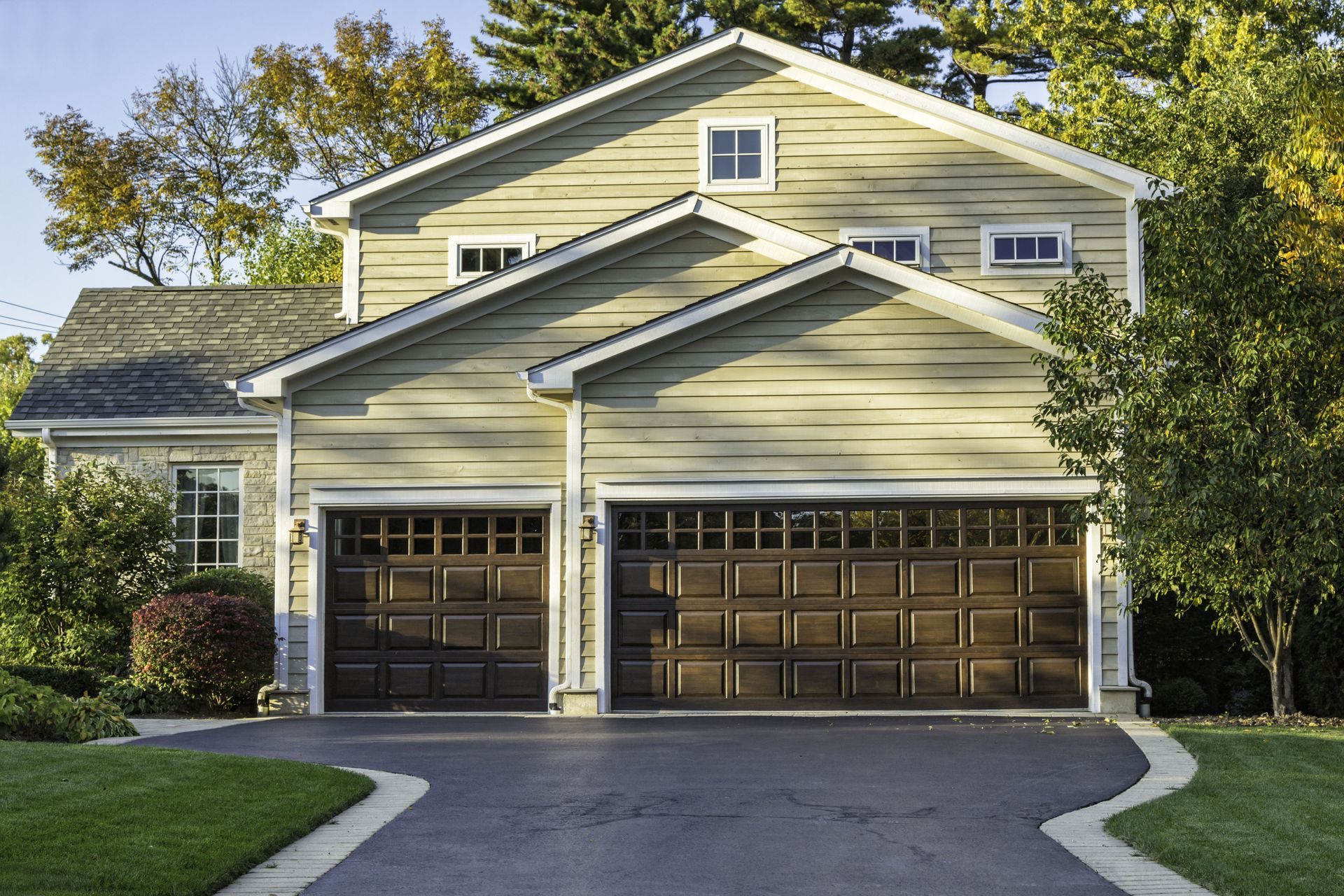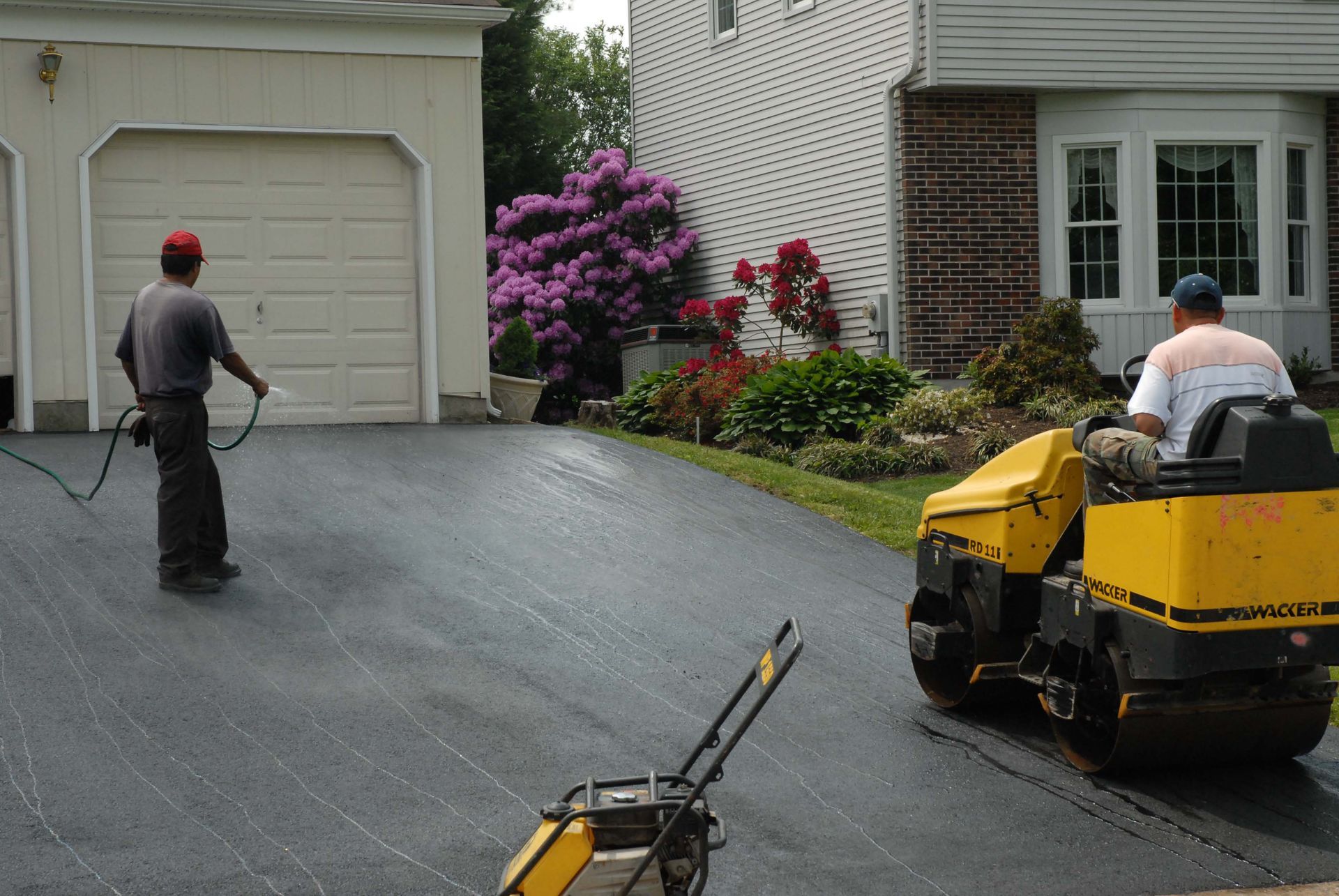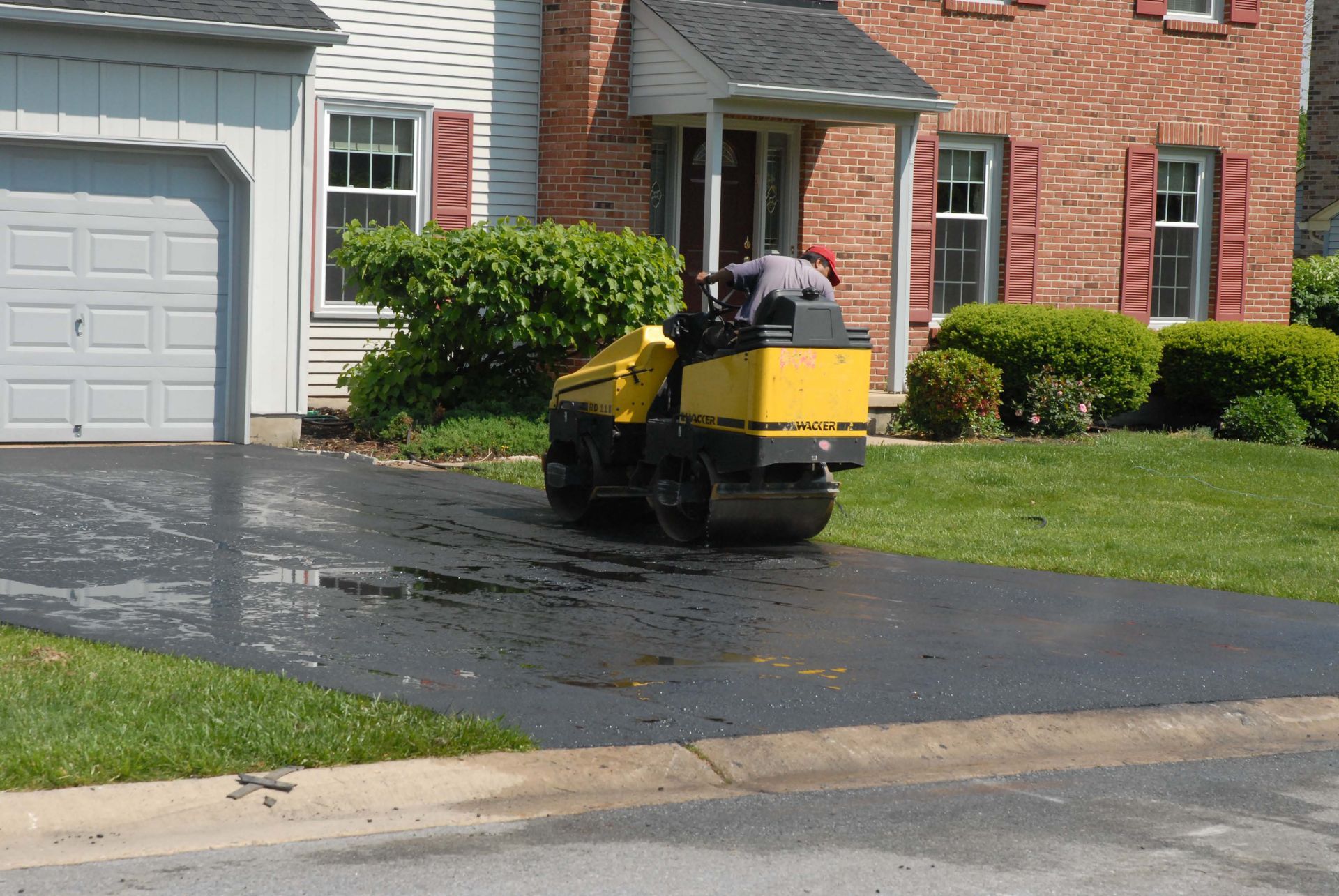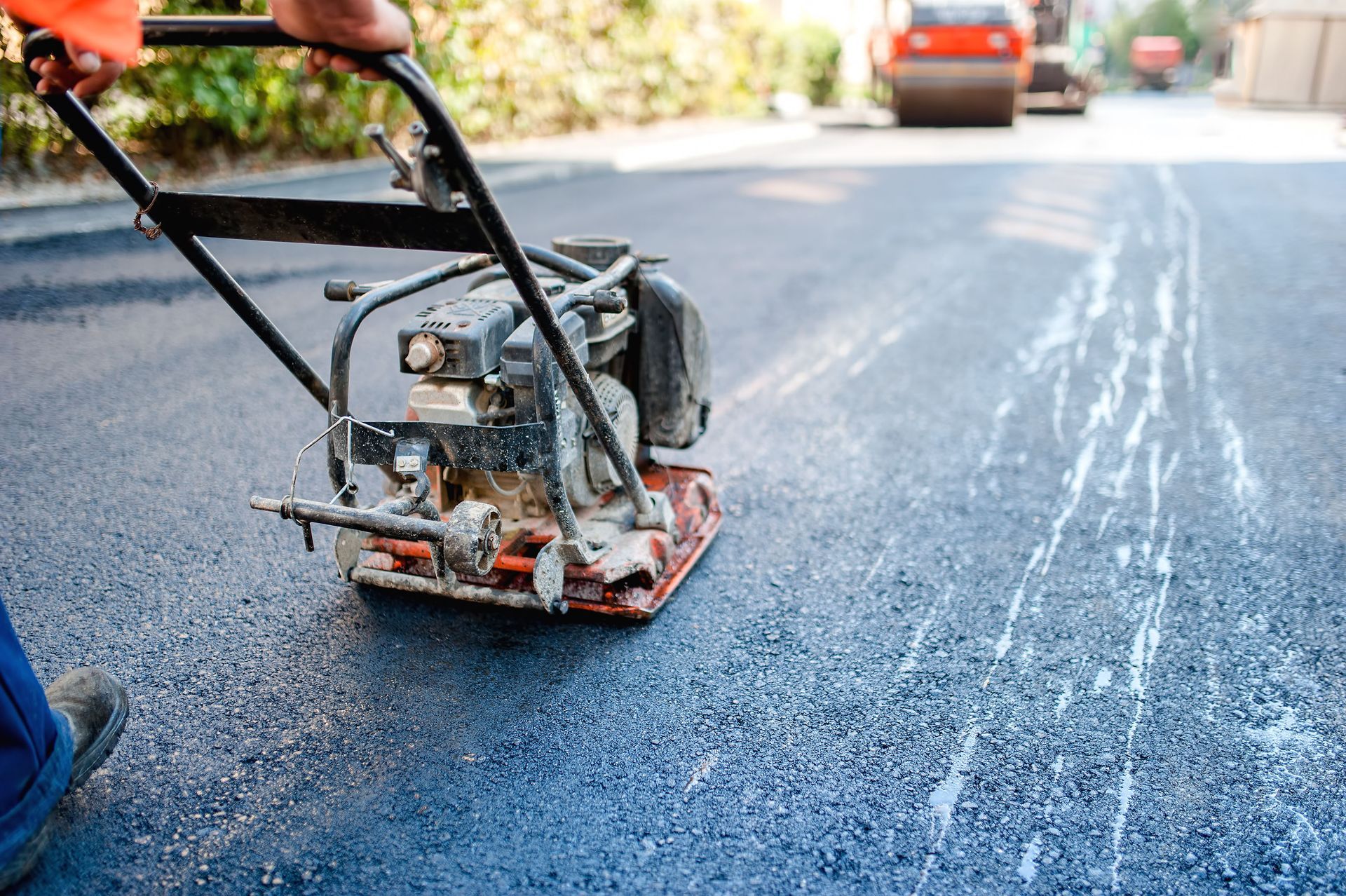Are There Different Paving Standards for Residential vs. Commercial Work?
Highlights:
- Residential and commercial paving projects follow different standards and specifications.
- Differences include subgrade prep, pavement thickness, traffic load tolerance, and ADA compliance.
- Commercial paving typically requires stronger materials and more stringent regulations.
- Local codes and environmental factors also influence paving standards.
- Advance Paving Co. INC offers tailored solutions in Spring Hill, TN for both residential and commercial needs.
Understanding Paving Standards by Project Type
Paving standards vary significantly between residential and commercial projects due to the differences in use, load, and durability requirements. A residential driveway is designed primarily for light vehicles like cars and SUVs. In contrast, commercial paving must support delivery trucks, heavy machinery, and higher foot traffic. Because of this, industry standards regarding design, materials, and installation techniques differ. Homeowners and property developers in Spring Hill, TN should be aware of these variations when selecting a paving contractor such as Advance Paving Co. INC for their next project.
Subgrade Preparation Requirements
One of the biggest differences in paving standards is how the subgrade—the soil layer beneath the pavement—is prepared. Residential projects may only require light grading and minor compaction. Commercial sites, however, need much more rigorous site preparation. This includes geotechnical analysis, stronger compaction, and sometimes stabilization with aggregate or concrete. According to the Asphalt Institute, proper subgrade preparation is essential for supporting the pavement structure and preventing early failure in commercial paving projects.
Material Composition and Pavement Thickness
Another major distinction lies in the materials used and how thick the asphalt layers must be. Residential driveways might have a 2-3 inch thick asphalt layer, which is sufficient for everyday use. Commercial parking lots or loading docks may require 4-6 inches or more, along with a robust base layer. According to the National Asphalt Pavement Association, commercial pavements are designed to handle wheel loads exceeding 7,000 pounds, which directly impacts the choice of materials and construction methods. Proper thickness also extends the life of commercial paving by reducing cracking and settlement.
FAQ: Residential vs. Commercial Paving (Part 1)
Why is commercial paving more expensive than residential?
Commercial paving uses more materials, stronger subgrades, and often requires permits and engineering plans, which increase costs.
Can residential asphalt be used in a commercial space?
No, residential asphalt is not designed to handle the weight and traffic levels common in commercial areas.
Do paving contractors in Spring Hill, TN need different licenses for commercial work?
Licensing requirements vary by location, but commercial projects often require more advanced credentials and insurance coverage.
Drainage and Grading Standards
Water management is critical in all paving projects, but commercial applications demand higher drainage performance. Improper grading in a commercial lot can lead to pooling, structural failure, and liability risks. Residential driveways typically use simpler slopes for runoff. In commercial settings, precise grading and sometimes stormwater infrastructure are needed. According to the Facility Executive, inadequate drainage in commercial parking lots is a leading threat to pavement integrity—allowing water to penetrate and erode the base, accelerating deterioration, increasing maintenance costs, and potentially violating stormwater management standards. In climates like that of Spring Hill, TN, effective drainage is crucial to protecting your pavement investment.
ADA Compliance and Markings
A key difference in commercial paving is the requirement to comply with the Americans with Disabilities Act (ADA). This includes installing wheelchair-accessible ramps, marked parking spots, and non-slip surfaces. These requirements do not apply to private residential properties, though some multi-family complexes may fall under ADA regulations. Advance Paving Co. INC in Spring Hill, TN routinely handles ADA-compliant commercial projects, ensuring both legal and functional success for business clients. Noncompliance can lead to fines and accessibility complaints, making this a vital element in commercial paving plans.
Maintenance and Longevity Expectations
Commercial pavements are designed to last longer due to the high investment cost and usage demands. These surfaces often receive routine sealcoating, crack filling, and line striping. Residential pavements may go years without maintenance, depending on use and weather conditions. Because of this, commercial projects often have built-in maintenance plans. Paving contractors also provide post-installation services tailored to the usage intensity of the site. Planning for long-term upkeep can significantly increase the life of your commercial investment and reduce costly repairs later.
FAQ: Residential vs. Commercial Paving (Part 2)
Is sealcoating recommended for both residential and commercial paving?
Yes, but it's more frequent in commercial settings to preserve durability and safety.
Do local Spring Hill, TN codes affect paving standards?
Yes. Municipal codes often outline specifications for commercial projects, especially related to ADA, runoff, and parking lot design.
Can residential paving be upgraded to meet commercial standards?
Technically yes, but it often involves complete reconstruction to accommodate heavier loads and code requirements.
Load-Bearing and Usage Considerations
Commercial paving must withstand much greater loads and usage frequencies than residential projects. This includes not just vehicle weight but also the frequency of use throughout the day. Delivery zones, fire lanes, and drive-throughs all require more robust construction. Residential areas see only occasional use, mostly by personal vehicles. This discrepancy dictates everything from asphalt mix to compaction standards to reinforcement strategies in commercial paving. Cutting corners here can lead to rapid deterioration and safety hazards.
Permitting and Regulatory Oversight
Permits for residential paving are often minimal or not required at all. Commercial paving usually involves zoning approval, engineering documentation, and adherence to fire lane codes, parking space dimensions, and utility access points. Contractors in Spring Hill, TN must be familiar with local ordinances to manage commercial projects efficiently and legally. This is one of the reasons why selecting an experienced paving company like Advance Paving Co. INC is crucial. Regulatory compliance also protects property owners from costly project delays and future litigation.
Environmental Impact and Sustainability
Sustainability is becoming a bigger part of both residential and commercial paving. However, commercial paving is more likely to use recycled asphalt pavement (RAP) or permeable surfaces to meet green building codes or LEED certification. Residential clients may opt for these features based on preference or budget. Understanding the environmental footprint of each type of paving helps clients make informed, responsible decisions for their properties. The growing demand for eco-conscious construction means contractors must now balance performance, budget, and sustainability across all project types.
FAQ: Residential vs. Commercial Paving (Part 3)
Are eco-friendly materials used in both types of paving?
Yes, but commercial sites are more likely to use sustainable materials to meet code or corporate responsibility standards.
Does commercial paving always require a permit in Spring Hill, TN?
Most commercial paving projects do require permits, especially if drainage or ADA compliance is involved.
What happens if commercial standards are used in a residential setting?
It results in a more durable pavement but also higher costs; this may not be necessary for most homeowners.
Key Takeaways for Property Owners
Whether you're paving a small driveway or an expansive parking lot, knowing the standards that apply is essential. Residential paving focuses on cost-efficiency and basic functionality. Commercial paving, on the other hand, demands structural integrity, code compliance, and longevity. By partnering with a trusted provider like Advance Paving Co. INC in Spring Hill, TN, clients can rest assured that their project will meet the appropriate standards for their specific application—saving money and avoiding problems in the future. Choosing the right contractor ensures that every detail, from subgrade to surface finish, is done correctly the first time.











Share On: